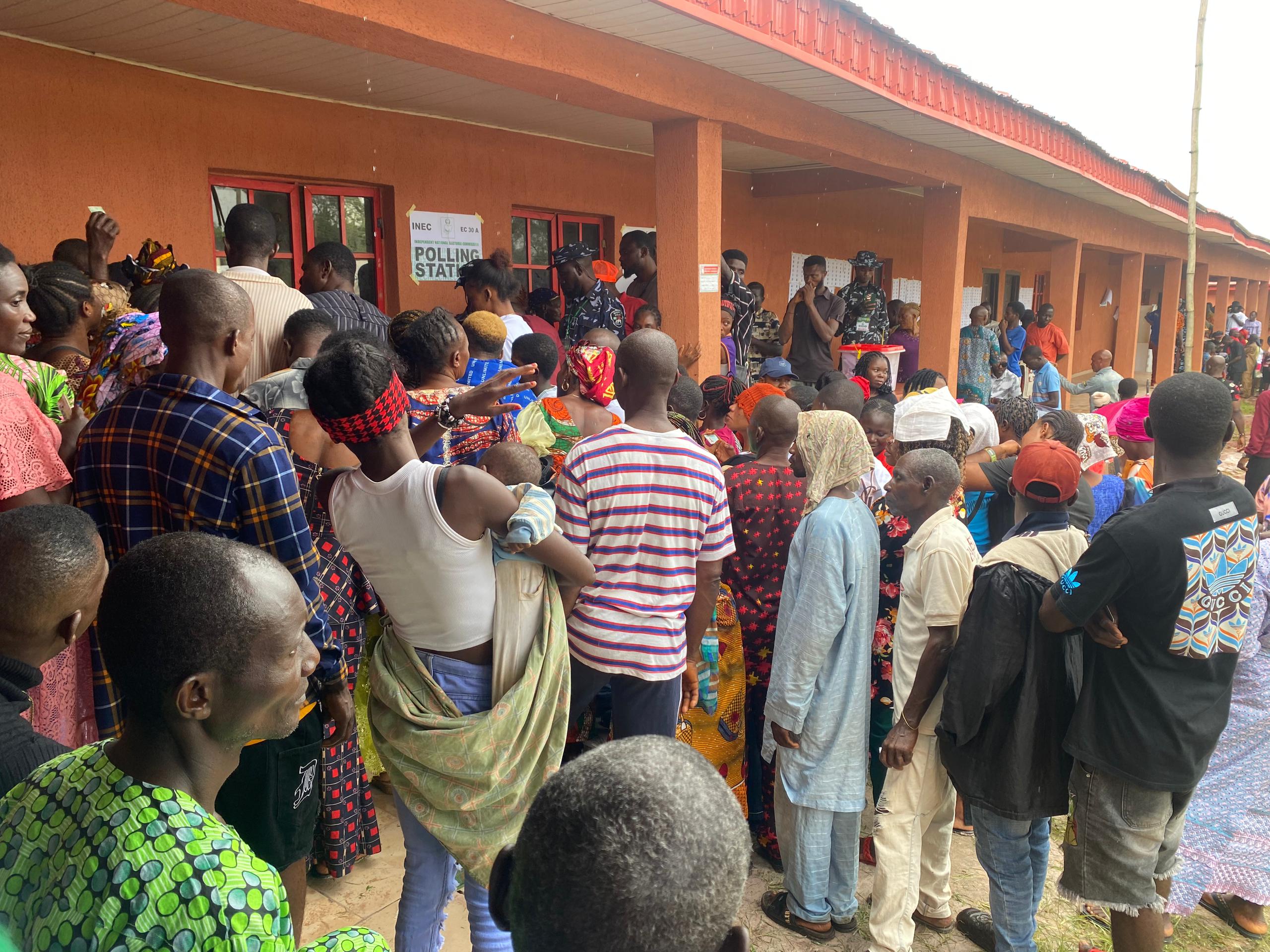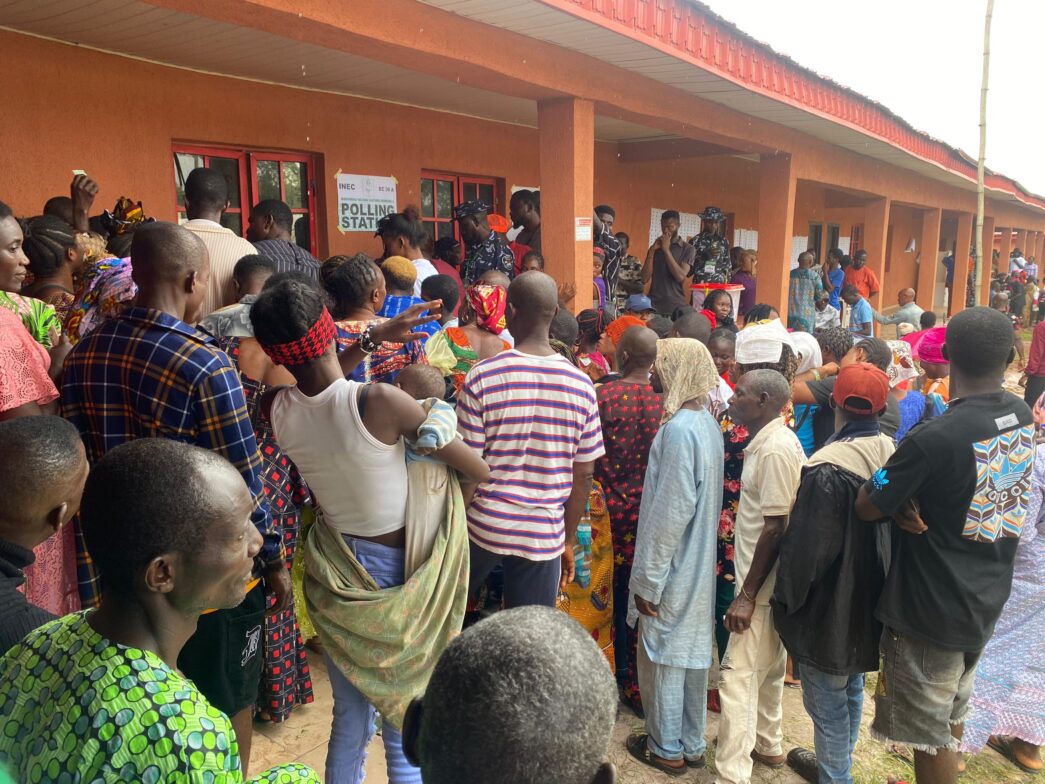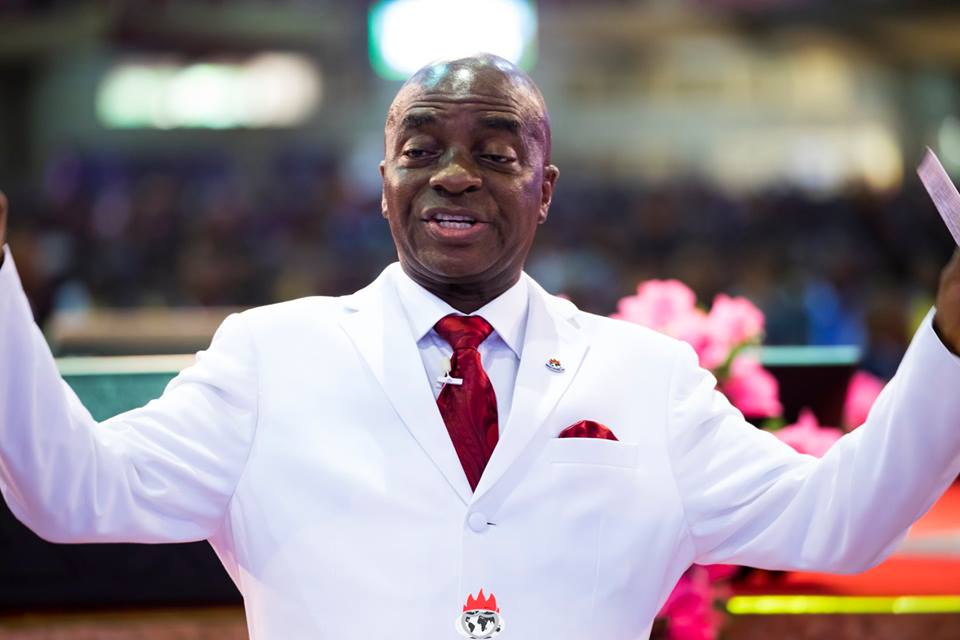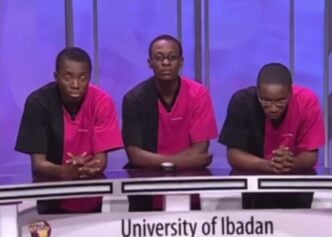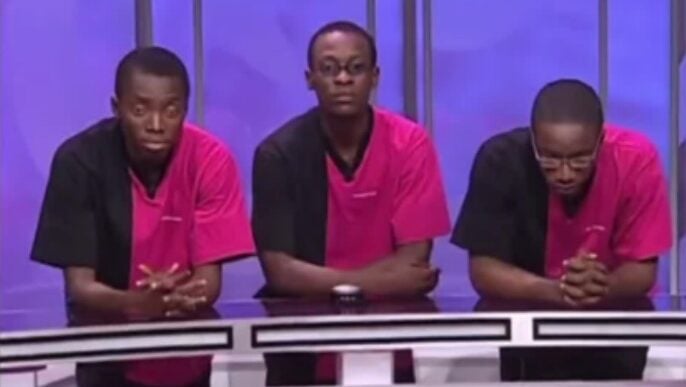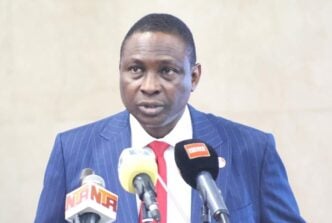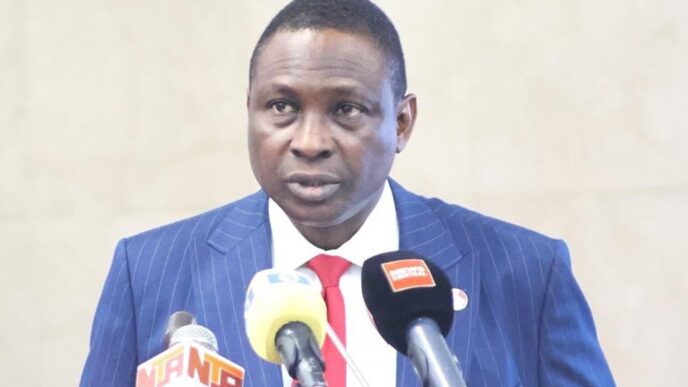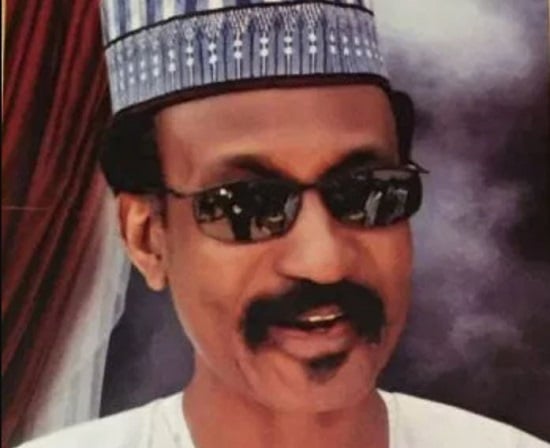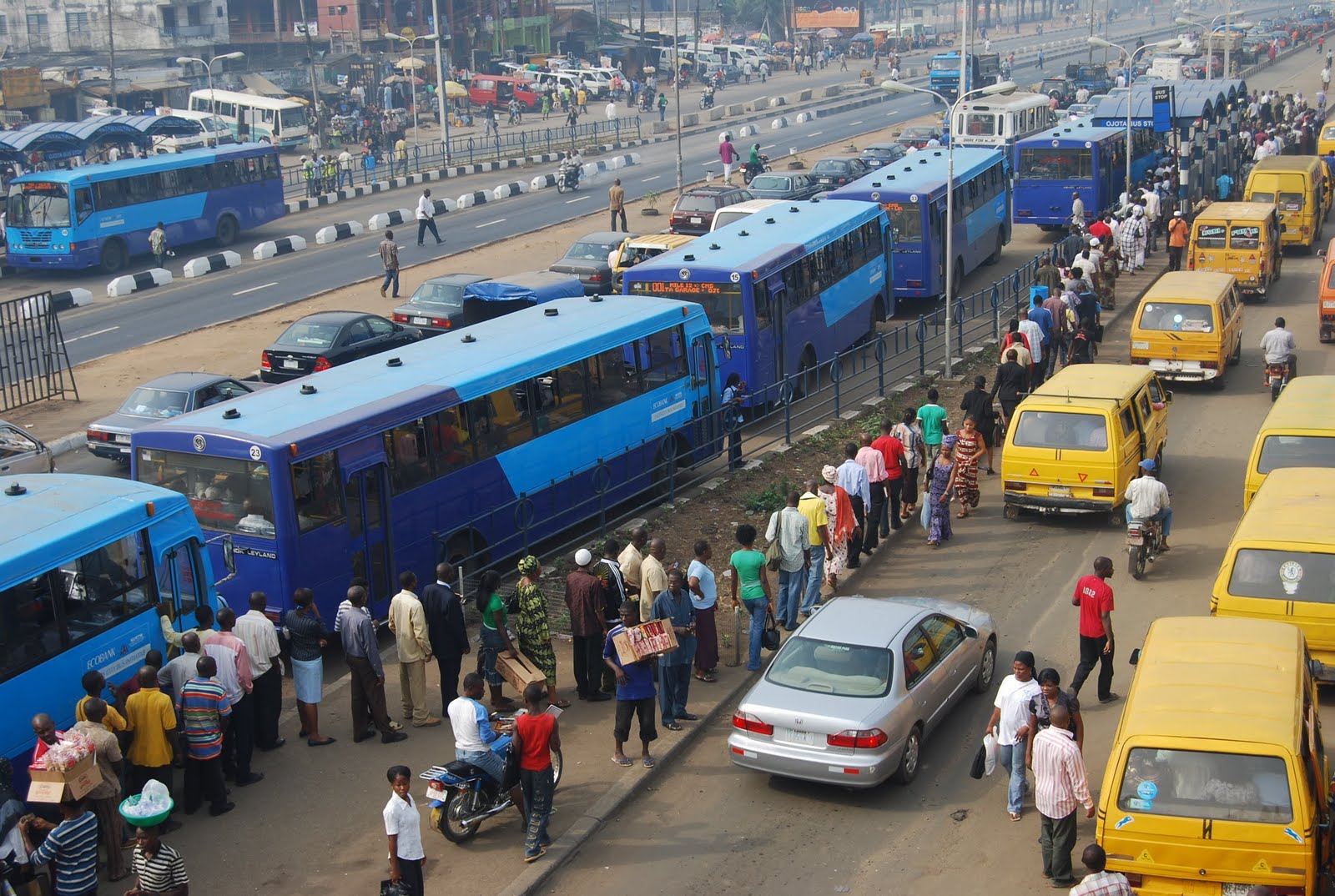BY EZENWA NWAGWU
The Edo state election has come and gone, but its aftermath has once again highlighted the changing dynamics of political strategy in Nigeria.
While election winners naturally celebrate and losers lament their loss, this article however, seeks to help correct misleading post-election narratives, while also highlighting the imperative for political parties to reflect on their strategies and structural flaws, rather than hoisting a regime of excuses and blame even for predictable losses, consequentially making INEC a convenient scapegoat for electoral losses
My reasons for engaging in this voyage are simple. As someone who is invested in our democracy and elections, we have a responsibility to debunk misleading narratives and misinformation as well as restore confidence in our electoral process through continuous voter education.
Advertisement
One of the key aspects of voters’ education is helping citizens understand the true factors behind electoral outcomes rather than allowing them to be swayed by baseless accusations by those with unpretentious partisan interests. When politicians lose, their immediate reaction is often to cast blame on the electoral body rather than addressing internal failures within their campaigns or parties. This cycle of deflection and misinformation undermines public trust in the process and hinders the growth of our democracy.
This destructive approach must stop. We can’t only support the process when it works in our favour. The tendency to undermine and discredit our institutions just because a politician loses must stop. We must build citizens’ confidence in our institutions. This will be the thrust of my conversation.
But before we delve further into this discourse, the question to ponder is: Should INEC be blamed for the loss of political parties in the Edo election?
Advertisement
True to form, as soon as the results of the Edo election were announced, politicians and their supporters were quick to cry foul and hurl accusations at the electoral body, alleging rigging.
Let’s be clear that I hold the strong view that it is a reflection of political immaturity when we only celebrate and accept elections we won and condemn those we lost. Democracy should not be altered to suit the whims and caprices of politicians.
Back to the discourse. While the opposition parties may want to blame INEC for their loss in Edo, the real reasons lie within the party’s own structure, strategy, leadership choices, and the will of the voters.
The PDP for instance, it is obvious that its loss can be attributed to a combination of factors, ranging from the role of party agents, internal crisis within the party, governor Obaseki’s rift with the Oba of Benin Palace and his deputy, and a whole lot.
Advertisement
Now, let us explore the changing trend in the electoral process, particularly the roles played by party agents and the emerging trends of political transactions and how this cost the parties a great deal in electoral loss or victories.
The role of party agents: Transactional and not organic
One of the significant issues that has surfaced is the transactional nature of party agents deployed during elections. As election observers, what we have seen in many instances is that these agents are not committed members of the party, but rather, they are temporary hires, primarily driven by monetary gains rather than loyalty or ideological commitment. This shift undermines the electoral process, as these agents no longer act in the best interest of their party’s candidate but are open to manipulation.
According to electoral law, at the polling unit, the party agent is essentially the candidate. They are the party’s direct representatives, ensuring that the process runs smoothly and fairly. However, politicians have evolved a disturbing strategy: buying party agents. This often results in party agents colluding with opponents, selling out their candidate in exchange for personal gains.
Advertisement
Allegations of results sheet manipulation often happen at polling unit levels. If political parties are alleging that results were tampered with at polling units, it is important to emphasise that any attempt to tamper with result sheets at polling units would most likely require the collusion or complicity of party agents, making it highly unlikely to occur without their involvement. If a party agent therefore sells his candidate out and such results are uploaded on the IREV, it therefore becomes immaterial whatever happens during the secondary stage of results collation, as the betrayal has already occurred at the polling unit.
This is a structural problem within the political parties, not an issue created by INEC. It is crucial for parties to take responsibility for the loyalty and integrity of the agents they deploy during elections.
Advertisement
INEC’s reforms and the voter’s power
Interestingly, politicians must understand that Nigeria has moved past some of the more overt forms of election malpractice, such as ballot snatching and multiple voting. The electoral body has made significant improvements in Nigeria’s election process and has helped return power to the voters. The era of widespread ballot snatching, voter intimidation, and the use of multiple Permanent Voter Cards (PVCs) has largely been addressed through reforms and innovation introduced by INEC.
Advertisement
For example, technological advancements like the Bimodal Voter Accreditation System (BVAS) have reduced the chances of rigging and fraud, ensuring that only eligible voters can participate and that results reflect the true will of the people. We have gone past the era where people hide in a room and manufacture numbers or where one man with hundreds of voter cards can vote multiple times.
Voters now are much better empowered by electoral reforms and have the ability to shape the outcomes of elections. However, the question remains: How will this power be wielded? If voters choose to sell their votes for pecuniary gain, the responsibility lies with them. While INEC has reformed the voting process, the decision to maintain its integrity now rests squarely with the people. The media and CSOs must continue to educate voters against unpleasant actions. Political parties themselves must acknowledge that incentivising vote buying is illegal.
Advertisement
Press conferences and baseless allegations
Another trend which also played out in Edo was the immediate response by politicians who held press conferences post-election, accusing the electoral process of massive rigging, often without providing concrete evidence. It is important to emphasize that electoral decisions are made through ballot papers at Polling Units. Press conferences are not constitutionally recognized as legitimate ways to challenge election outcomes; electoral disputes must be evidence-based and taken to the appropriate legal bodies. The constant allegations are a ploy to discredit and undermine the election and electoral umpire.
If party agents collude with opponents to betray their candidates at the polling unit level, who should truly be blamed? This question should provoke self-reflection within parties, as the actions of these agents play a significant role in determining electoral outcomes. Furthermore, claims of having situation rooms by political parties to monitor elections seem dubious, as these “rooms” are rarely opened to media scrutiny, adding to the lack of transparency of these parties.
The complex web of Edo politics
Edo politics is a complex web, and it played out at the just concluded election. This has nothing to do with INEC’s conduct of the election.
Unfortunately, Nigeria’s politics has not progressed above identity politics. People want to know what zone you are from first before they hear what you have to offer. Identity first, ideas second. This played a significant part in the Edo election.
The decline of old election malpractices
It must be pointed out that, unfortunately, while INEC has made significant progress in the election process, the political elite remains the weakest link in our endeavour to solidify those electoral reforms.
Nigerians must begin to question our political class. What have they brought to the table to strengthen electoral reforms or our democracy? They have been the biggest beneficiaries of our democracy and have contributed the least to its growth. The same politicians who spend thousands of dollars bribing party delegates to get nominated during primary elections are often the first to cry foul and allegations of rigging. This irony is striking. Politicians must put their act together and realise that power now belongs to the people.
Ezenwa Nwagwu is the executive director of Peering Advocacy and Advancement Center in Africa (PAACA)
Views expressed by contributors are strictly personal and not of TheCable.
Add a comment
